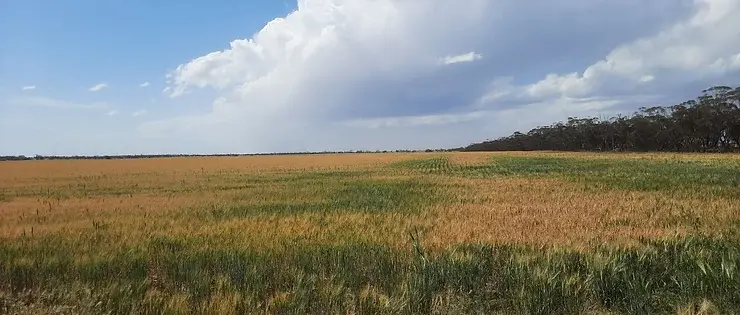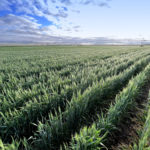Selecting the right crop fertiliser is one of the most crucial decisions in crop farming. This can affect crop health, the quality of harvest yield, and profitability across the farm. However, not every fertiliser delivers the same benefit for every farm. A different soil, crop, and climate environment each requires a varied fertiliser strategy. Here’s what you might want to consider before making a decision.
1. Soil Health Comes First
Before adding fertiliser, a landholder must assess the soil fertility. A soil test gives a reliable assessment of nutrient levels in addition to pH and organic matter status.
A fertiliser with a high nitrogen content, phosphorus, or potassium could help with depleted nutrient soils. If the soil is in shortage of organic matter, natural or organic fertiliser for farming can tend to improve structure and holding capacity in nutrients.
2. Crop Nutrient Needs
Different crops absorb nutrients at different rates. For instance, wheat may need more nitrogen, while legumes can thrive with lower nitrogen input because they fix it naturally.
Take note of your crop’s growth stage too. Young plants often require fertilisers high in phosphorus to promote root development, while maturing crops benefit from nitrogen-rich fertilisers to support growth and yield.
3. Fertiliser Type: Organic vs Synthetic
When deciding on fertiliser for farming, the choice often boils down to organic or synthetic products.
- Organic Fertilisers: Derived from natural sources like manure, compost, or worm-based products, these enhance long-term soil health and sustainability. They release nutrients slowly, improving soil fertility over time.
- Synthetic Fertilisers: Manufactured to deliver nutrients quickly, these are ideal for immediate results but may not support soil health in the long run.
Think about your goals. If you’re aiming for sustainable practices, organic fertilisers may be a better fit.
4. Climate and Weather Patterns
The timing and effectiveness of fertiliser application often depend on weather conditions. When it rains, fertilisers, especially nitrogen-based ones, will wash away, resulting in waste and possibly environmental harm. Rainfall can wash fertilisers away, especially nitrogen, leading to wastage and environmental harm.
Choose fertilisers that suit your local climate. For example, slow-release formulas may work better in areas with heavy rain, reducing nutrient loss while still feeding the crops over time.
5. Application Methods
How you apply the fertiliser matters as much as the fertiliser itself. Some types work best when broadcasted, while others are more effective when banded near the root zone or dissolved in water and sprayed.
Match your fertiliser choice with your equipment and preferred method. Liquid fertilisers, for example, suit modern spray systems, while granular options work well with spreaders.
6. Environmental Impact
Farmers today are increasingly mindful of the environmental effects of their choices. Fertilisers that release excess nutrients can contribute to water pollution or greenhouse gas emissions.
Products with controlled or slow-release formulations help minimise these risks. Similarly, using organic fertilisers like those from Worm Hit adds nutrients while improving the soil ecosystem.
7. Cost vs Long-Term Value
Price is always a factor, but it shouldn’t be the only one. A cheaper product might save money upfront but lead to lower yields or long-term soil damage.
Look for products that strike a balance between cost and effectiveness. Investing in a quality crop fertiliser that promotes both immediate growth and long-term soil health is often worth the extra expense.
8. Compatibility with Crop Rotation
If you practise crop rotation, consider how the fertiliser impacts subsequent crops. For example, a fertiliser that boosts soil nitrogen may not be suitable before planting legumes, which fix their nitrogen.
Choose a fertiliser that fits your rotational plan, avoiding excesses that might harm future crops.
9. Supplier Reliability
Your fertiliser supplier should offer more than just a product—they should provide guidance. A reliable supplier understands your farming needs and can recommend solutions fit for your soil, crops, and climate.
Working with trusted suppliers like Worm Hit ensures you get high-quality products that support sustainable farming practices.
Crop Farming Best Practice Starts From Fertilisers
Choosing the right fertiliser for crop farming involves more than grabbing a bag off the shelf. From soil health to environmental impact, every decision shapes your farm’s future. By weighing these factors carefully, you can make a choice that supports your crops, boosts yields, and keeps your soil thriving for seasons to come.
When in doubt, seek expert advice to match your fertiliser strategy to your farm’s unique needs.




